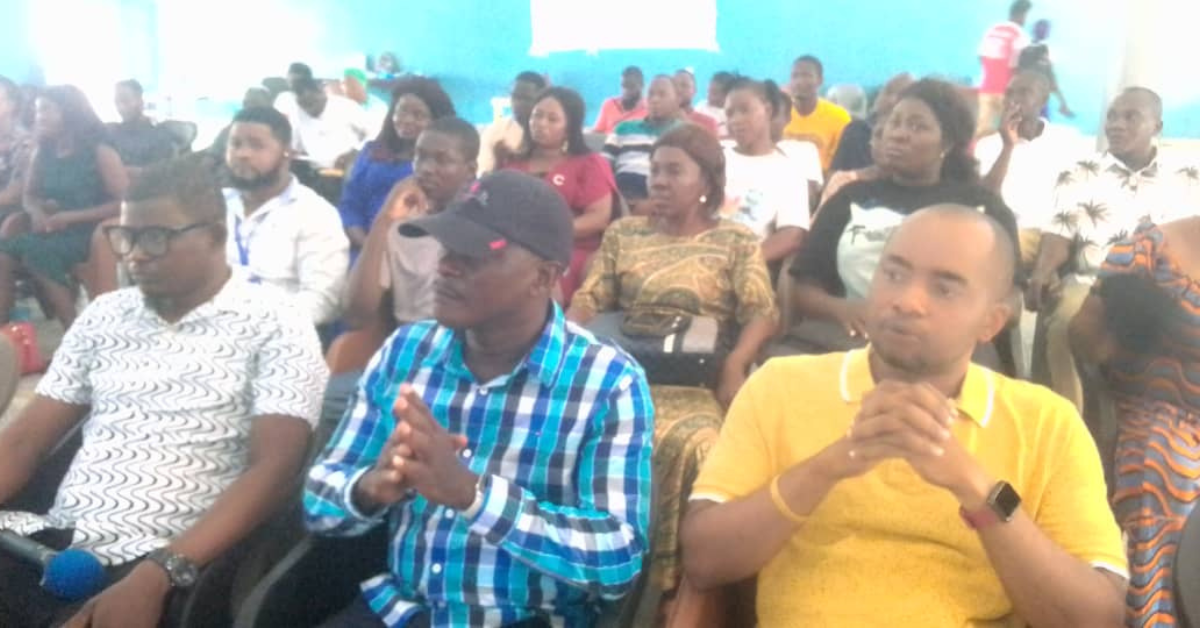The Ministry of Social Welfare, in collaboration with the Ministry of Health and with technical and financial support from the United Nations Population Fund (UNFPA), has launched a three-day capacity-building training for social workers on obstetric fistula prevention, psychological support, and survivor reintegration.
The training, held at the Methodist Youth Resource Center multipurpose hall, brings together social workers from all 16 districts as well as caregivers, with the aim of strengthening community health systems to combat obstetric fistula across Sierra Leone.
Speaking at the opening ceremony, Francis Kabbia, Deputy Chief Director of the Ministry of Social Welfare, emphasized the importance of the initiative, highlighting the ministry’s success in addressing stigma and discrimination during the Ebola Virus Disease crisis in 2015. He stated that the ministry’s inclusion in the National Fistula Response Mechanism reflects its commitment to addressing the psychosocial and emotional needs of fistula survivors.
“Fistula is a new area of intervention in our portfolio, and this training is critical for equipping social workers with the necessary skills to meet the challenges survivors face,” Kabbia said.
Delivering the keynote address, Minister of Social Welfare Melrose Camilton reaffirmed her ministry’s dedication to advocating for marginalized and vulnerable groups, including fistula survivors. She described the training as a pivotal step toward addressing the complex challenges faced by survivors, including stigma, economic hardships, and emotional trauma.
“Obstetric fistula not only affects a woman’s physical health but also her social and economic wellbeing,” Camilton stated. “Survivors often face discrimination, isolation, and poverty, which exacerbate their trauma. This training signifies our commitment to improving their lives through rehabilitation and reintegration programs.”
The minister expressed gratitude to UNFPA for its support in organizing the program, calling it a “major milestone” in providing essential care and psychosocial services to fistula survivors. She urged social workers to remain current with legislation, policies, and best practices to ensure effective case management in an evolving social context.
The ceremony also featured statements from notable stakeholders, including Madam Haja Hawa Turay, CEO of the Haikal Foundation and leader of the Bo Fistula Program; Hawa Campbell, Deputy Mayor of Bo City Council; UNFPA online representatives; and the Medical Superintendent of Bo Government Hospital. All reaffirmed their commitment to combating the stigma surrounding fistula and supporting affected women.
The training aims to bolster the ministry’s capacity to address the multifaceted challenges of fistula and provide sustainable solutions for survivor reintegration into society.











